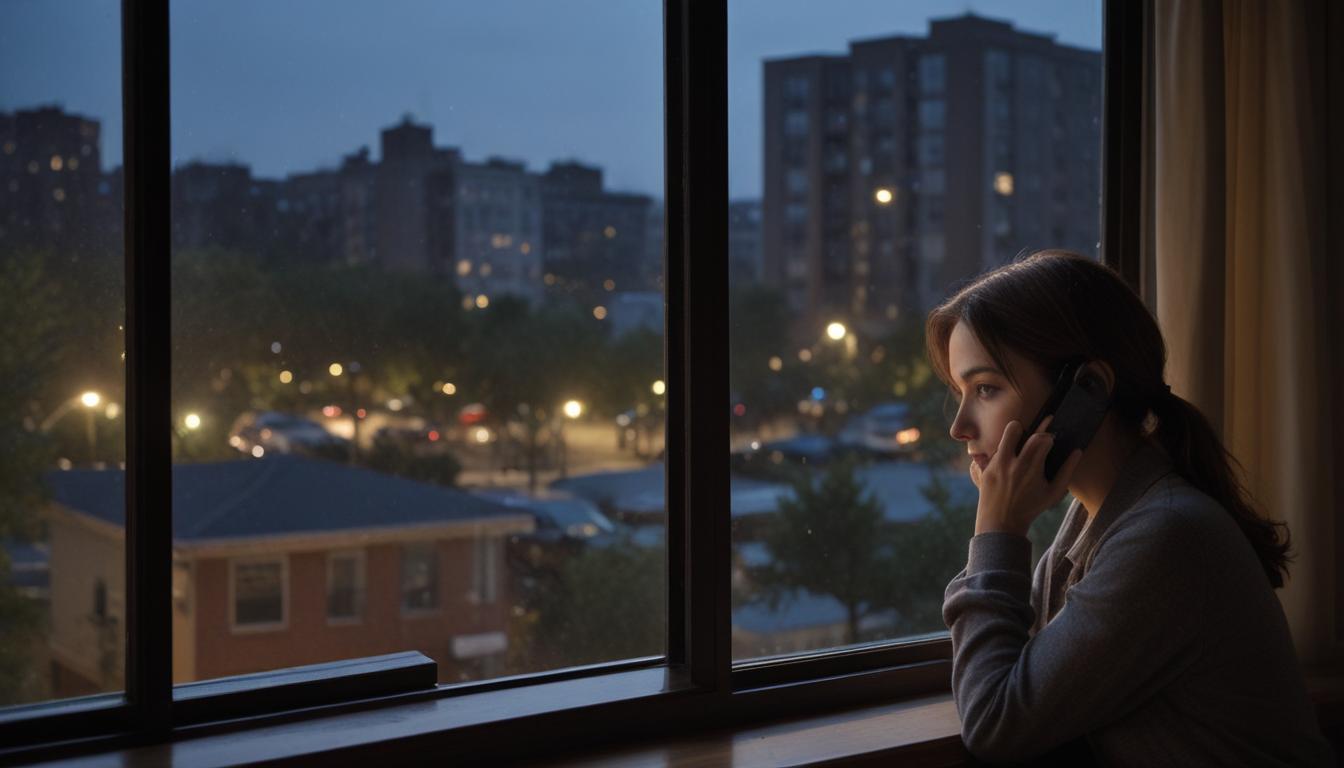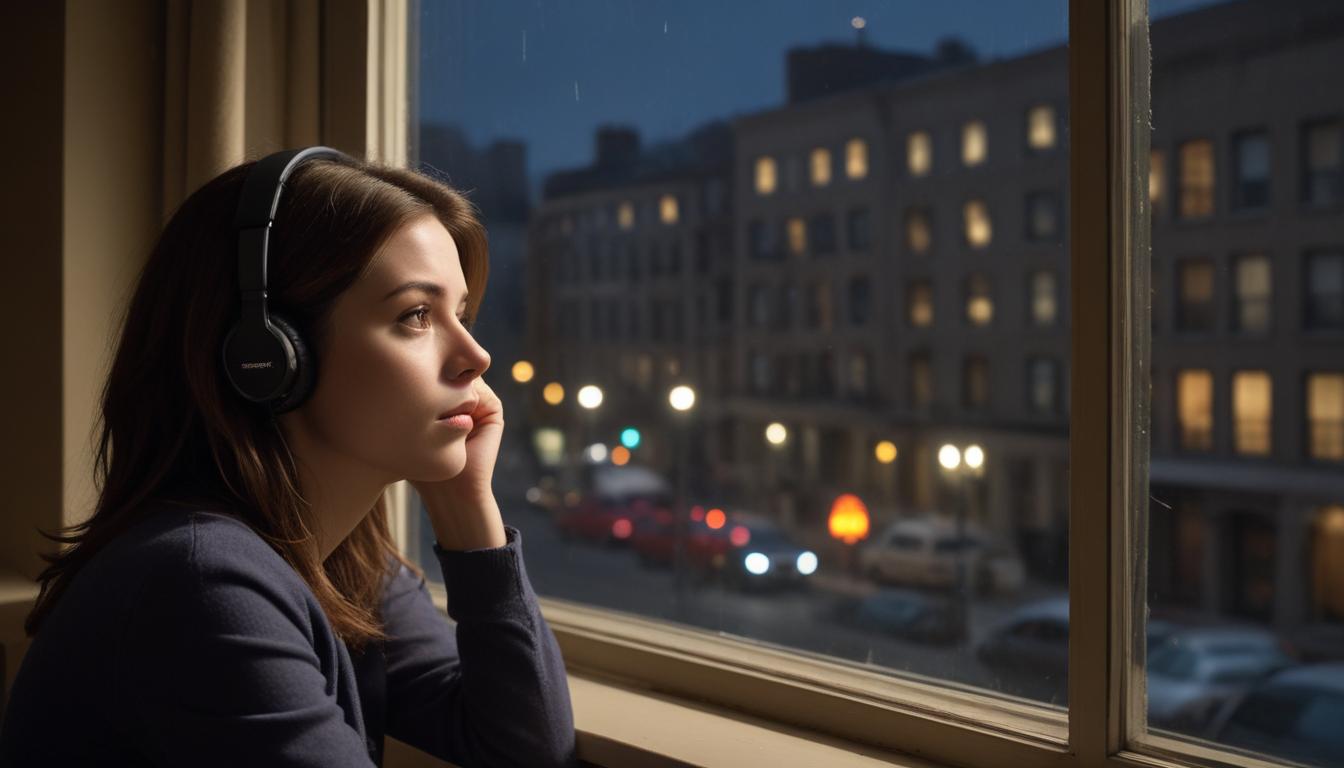Now Reading: Noise Pollution The Silent Threat to Your Health
- 01
Noise Pollution The Silent Threat to Your Health
Noise Pollution The Silent Threat to Your Health

The Silent Threat How Everyday Noise Is Harming Your Health
Does the constant hum of traffic outside your window leave you feeling on edge? Do you struggle to focus at work with the ceaseless chatter and ringing phones? Or maybe it’s the neighbor’s late-night television that keeps you from getting the deep, restorative sleep you desperately need. You might dismiss it as a simple annoyance, a part of modern life you just have to endure. But what if that persistent background noise is doing more than just irritating you? What if it’s silently chipping away at your physical and mental well-being? The truth is, noise pollution is a significant public health issue, and understanding its impact is the first step toward reclaiming your peace and protecting your health.
What Is Noise Pollution and Why Does It Matter
We often think of pollution in terms of smoggy skies or contaminated water, but our soundscape can be just as polluted. Noise pollution is generally defined as regular exposure to elevated sound levels that can lead to adverse effects in humans or other living organisms. Unlike other forms of pollution, its effects are not always immediately obvious. It’s an invisible threat that triggers our body’s most primitive stress responses, even when we’re not consciously aware of it.
From the roar of a passing airplane to the constant drone of an air conditioner, our ears and brains are working overtime to process a relentless stream of auditory information. This constant state of alert can wear down our bodies and minds over time. Recognizing that the sounds in your environment are more than just background static is crucial. They are active agents that can influence your cardiovascular system, disrupt your sleep, and fray your mental reserves, making the fight for a quieter world a genuine health crusade.
The Physical Toll of a Noisy World
Your body is hardwired to react to loud, sudden noises as a potential threat. This “fight-or-flight” response, while useful for escaping predators, is detrimental when triggered repeatedly by non-threatening sounds like sirens or construction. Each time this happens, your body releases stress hormones like cortisol and adrenaline. These hormones cause your heart rate to spike, your blood vessels to constrict, and your blood pressure to rise. Over time, chronic exposure to noise can keep your body in a prolonged state of stress, significantly increasing your risk for hypertension, heart disease, and even stroke.
Beyond the cardiovascular system, the most direct physical consequence of noise pollution is damage to our hearing. Noise-Induced Hearing Loss (NIHL) isn’t just a risk for factory workers or rock musicians. It can result from the cumulative effect of prolonged exposure to everyday sounds above 85 decibels, such as heavy city traffic or a loud subway. This damage is often gradual and irreversible, leading to difficulties understanding speech and the development of tinnitus, a persistent ringing or buzzing in the ears. Protecting your hearing isn’t something to think about only at concerts; it’s a daily practice in an increasingly loud world.

How Noise Pollution Affects Your Mental Health and Sleep
The impact of noise extends deep into our cognitive and emotional well-being. Perhaps the most common complaint is sleep disruption. Even noises that don’t fully wake you can pull you out of the deeper, more restorative stages of sleep. This fragmentation of your sleep cycle prevents your brain from performing its essential nightly tasks, such as memory consolidation and emotional regulation. The result is daytime fatigue, irritability, poor concentration, and a weakened ability to cope with daily stressors.
This constant auditory stress can significantly degrade your mental health. The inability to find quiet and escape from intrusive sounds creates a feeling of helplessness and a lack of control over your own environment. Studies have consistently linked noisy living conditions with higher rates of anxiety, stress, and depression. For children, the impact can be even more pronounced, as a noisy home or school environment can impair reading ability, memory, and overall cognitive development. A quiet mind needs a quiet space, and the relentless noise of modern life is making that harder than ever to find.
Practical Ways to Reduce Noise and Protect Yourself
While you may not be able to stop the construction down the street, you have more power than you think to create a quieter personal environment. Start at home by implementing simple sound-absorbing strategies. Soft materials are excellent at dampening sound, so consider laying down thick rugs on hard floors, hanging heavy, insulated curtains over windows, and adding plush furniture. Sealing gaps around windows and doors with weatherstripping can also dramatically reduce the amount of external noise that seeps inside. For persistent, unavoidable sounds, a white noise machine or even a simple fan can create a consistent, soothing sound that masks more jarring noises.
Beyond your home, take proactive steps to protect your ears when you’re out and about. Carry a pair of high-quality earplugs for use on public transportation or in other loud public spaces. Invest in a good pair of noise-canceling headphones if you work in a noisy open-plan office. Finally, make a conscious effort to seek out quiet. Regularly spend time in nature, visit a library, or simply schedule periods of silence into your day. This “auditory detox” gives your brain and nervous system a much-needed break. By taking these small but meaningful steps, you can turn down the volume on the world and safeguard your long-term health and well-being.



































